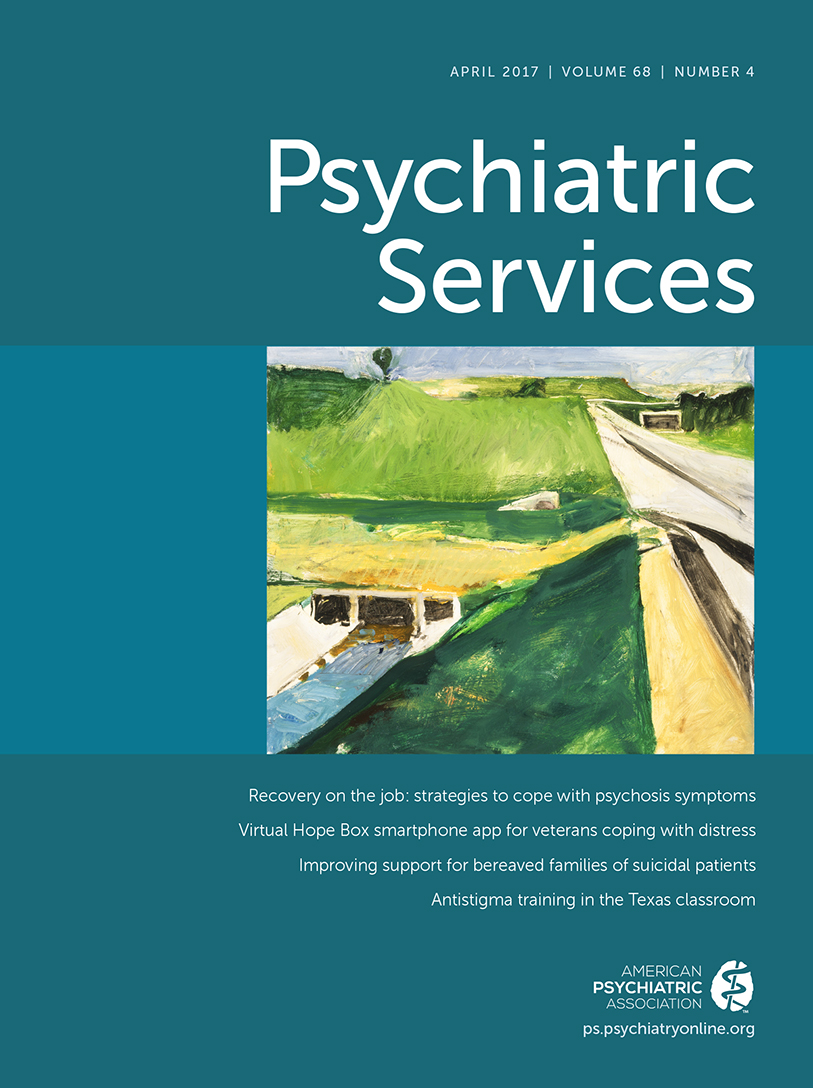Effectiveness of Collaborative Care for Depression in Public-Sector Primary Care Clinics Serving Latinos
Abstract
Objective:
Quality improvement interventions for depression care have been shown to be effective for improving quality of care and depression outcomes in settings with primarily insured patients. The aim of this study was to determine the impact of a collaborative care intervention for depression that was tailored for low-income Latino patients seen in public-sector clinics.
Methods:
A total of 400 depressed patients from three public-sector primary care clinics were enrolled in a randomized controlled trial of a tailored collaborative care intervention versus enhanced usual care. Social workers without previous mental health experience served as depression care specialists for the intervention patients (N=196). Depending on patient preference, they delivered a cognitive-behavioral therapy (CBT) intervention or facilitated antidepressant medication given by primary care providers or both. In enhanced usual care, patients (N=204) received a pamphlet about depression, a letter for their primary care provider stating that they had a positive depression screen, and a list of local mental health resources. Intent-to-treat analyses examined clinical and process-of-care outcomes at 16 weeks.
Results:
Compared with patients in the enhanced usual care group, patients in the intervention group had significantly improved depression, quality of life, and satisfaction outcomes (p<.001 for all). Intervention patients also had significantly improved quality-of-care indicators, including the proportion of patients receiving either psychotherapy or antidepressant medication (77% versus 21%, p<.001).
Conclusions:
Collaborative care for depression can greatly improve care and outcomes in public-sector clinics. Social workers without prior mental health experience can effectively provide CBT and manage depression care.



